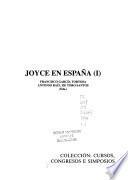
Busca tu libro:

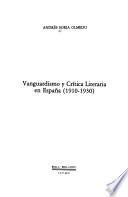
Vanguardismo y crítica literaria en España (1910-1930)
Autor: Andrés Soria Olmedo
Número de Páginas: 347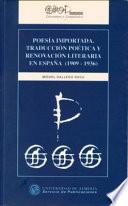
Poesía importada: traducción poética y renovación literaria en España, 1909-1936
Autor: Miguel Gallego Roca
Número de Páginas: 324En el fin de siglo español se establece un canon duradero para la recepción de la literatura europea. A partir de entonces la traducción anda estrechamente ligada a la crítica en manos de Cansinos, Diéz-Canedo o Guillermo de Torre. Por otro lado la importación de modelos extranjeros la relectura de la tradición poética española son fenómenos difícilmente separables. Poesía importada estudia, desde el fin de siglo a la década de los treinta, las normas españolas de traducción poética, unas normas que evolucionan desde el código literario modernista, instituido como intertexto internacional, hasta el injerto en dicho código de las novedades de las vanguardias. Se trata, pues, de un conjunto de calas en la manera de traducir, y en la recepción de la poesía extranjera, que contribuyen a la definición de la "modernidad literaria" en España.
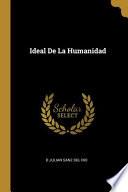
Ideal De La Humanidad
Autor: D Julian Sanz Del Rio
Número de Páginas: 370This work has been selected by scholars as being culturally important, and is part of the knowledge base of civilization as we know it. This work was reproduced from the original artifact, and remains as true to the original work as possible. Therefore, you will see the original copyright references, library stamps (as most of these works have been housed in our most important libraries around the world), and other notations in the work. This work is in the public domain in the United States of America, and possibly other nations. Within the United States, you may freely copy and distribute this work, as no entity (individual or corporate) has a copyright on the body of the work. As a reproduction of a historical artifact, this work may contain missing or blurred pages, poor pictures, errant marks, etc. Scholars believe, and we concur, that this work is important enough to be preserved, reproduced, and made generally available to the public. We appreciate your support of the preservation process, and thank you for being an important part of keeping this knowledge alive and relevant.
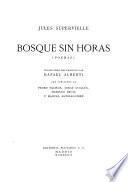
Bosque sin horas (poemas)
Autor: Jules Supervielle
Número de Páginas: 135Ver Opciones